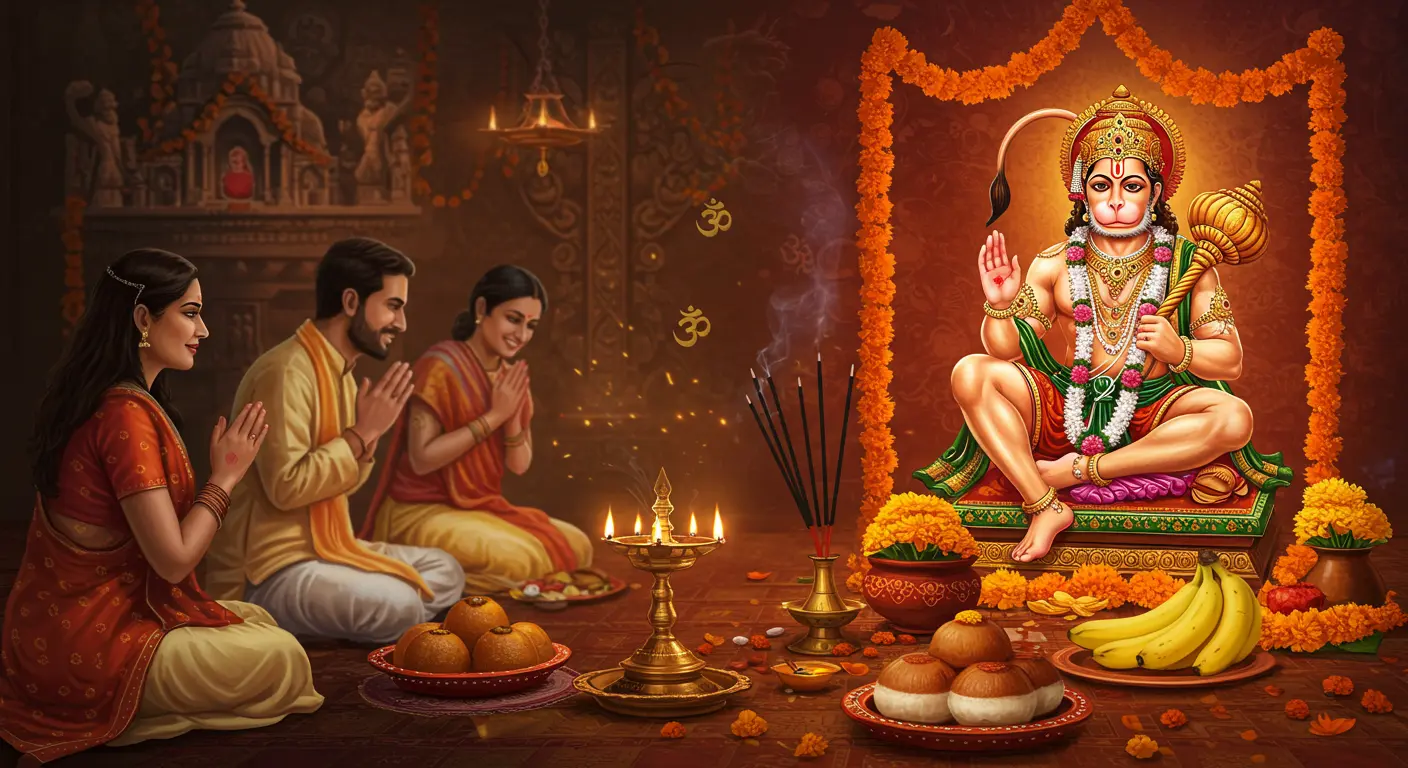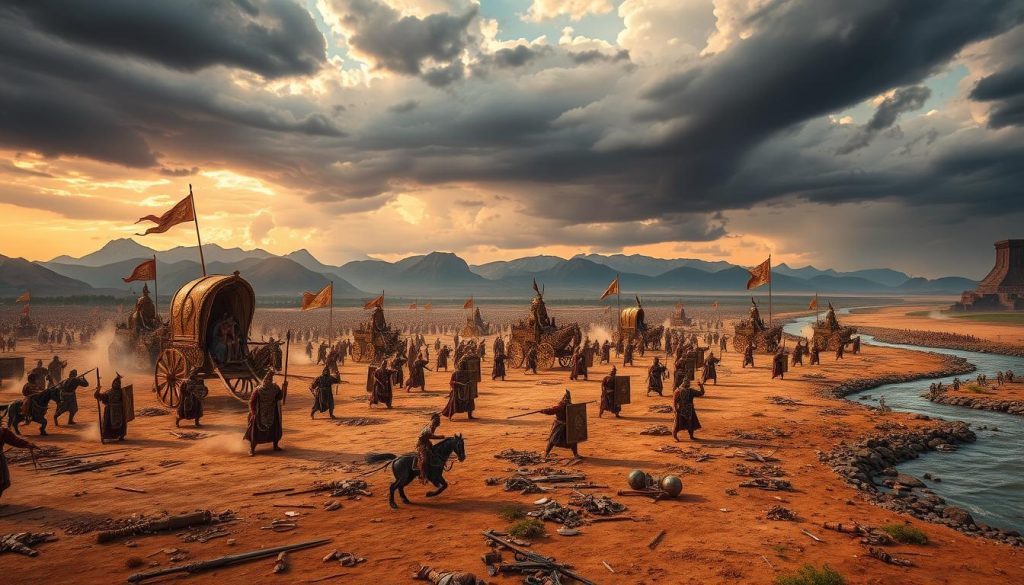At PujaPath, we respect intellectual property rights and aim to provide a platform where all content is original or used with proper authorization. If you believe that your copyrighted work has been infringed upon on our website, we offer this DMCA notice and takedown procedure to allow you to take action under the relevant provisions of Indian law.
1. Copyright Infringement
If you are the owner of copyrighted material and believe that your work has been copied in a way that constitutes copyright infringement, you may submit a notice to us requesting the removal of the infringing material from our website. We will review your complaint and take appropriate action in accordance with the Information Technology (Intermediary Guidelines) Rules, 2011 and the Copyright Act, 1957.
2. Notice of Copyright Infringement
To submit a valid notice of copyright infringement, please provide the following details:
- Identification of the copyrighted work: A description of the copyrighted work that you claim has been infringed. If multiple works are covered by a single notification, please provide a list of such works.
- Identification of the infringing material: A description of where the infringing material is located on the website. Please provide the URL(s) of the specific content that you believe infringes your copyright.
- Contact Information: Your full name, address, phone number, and email address for us to contact you regarding the complaint.
- Statement of Good Faith: A statement that you have a good faith belief that the use of the copyrighted material in the manner complained of is not authorized by the copyright owner, its agent, or the law.
- Statement of Accuracy: A statement that the information in your notification is accurate, and under penalty of perjury, that you are the copyright owner or are authorized to act on behalf of the copyright owner.
- Signature: A physical or electronic signature of the copyright owner or an authorized representative of the copyright owner.
3. Counter-Notice
If you believe that your material has been removed or disabled by mistake or misidentification, you may submit a counter-notice. To file a counter-notice, provide the following:
- Your full name, address, phone number, and email address.
- Identification of the material that has been removed or disabled, including the URL where it appeared before removal.
- A statement under penalty of perjury that you believe the material was removed due to mistake or misidentification.
- A statement that you consent to the jurisdiction of the courts in India and that you will accept legal process from the party who submitted the original notice or its authorized agent.
- Your physical or electronic signature.
4. Removal of Infringing Content
Once we receive a valid DMCA notice, we will promptly investigate the claim. If we determine that the material infringes your copyrighted work, we will remove or disable access to the content. We will notify the user who posted the content that it has been removed or disabled in response to a DMCA notice.
5. Repeat Infringers
In accordance with the Information Technology Act, 2000 and Intermediary Guidelines, we reserve the right to suspend or terminate the access of users who repeatedly infringe copyrights. If you believe that a user is a repeat infringer, please notify us.
6. Disclaimers
- Limitation of Liability: PujaPath is not responsible for any user-generated content and makes no representations regarding the ownership or accuracy of such content. We merely provide a platform for users to share content and rely on users to respect copyright laws.
- No Liability for User-Generated Content: PujaPath is not liable for copyright infringement caused by user-uploaded content. Our role is as an intermediary, and we take no responsibility for the content posted by users on the website.
7. Jurisdiction
By submitting a DMCA notice or counter-notice, you consent to the jurisdiction of the competent courts in India. Any legal disputes arising from this policy will be governed by the laws of India, and you agree to submit to the exclusive jurisdiction of the courts located in West Bengal, India.
8. Contact Information
To submit a DMCA notice or counter-notice, or if you have any questions regarding this policy, please contact us at:
Email: [email protected]
Key Changes for Indian Law:
- Jurisdiction: The section now states that all legal disputes are governed by the laws of India, and that the courts in India have jurisdiction over any legal matters arising from the DMCA process.
- Relevant Indian Laws: It references the Information Technology Act, 2000 (which governs online intermediaries in India) and the Copyright Act, 1957 (which covers copyright infringement).
- Acceptance of Legal Process: The counter-notice section clarifies that, in case of a dispute, the individual submitting the counter-notice consents to the jurisdiction of Indian courts and will accept legal proceedings in India.









